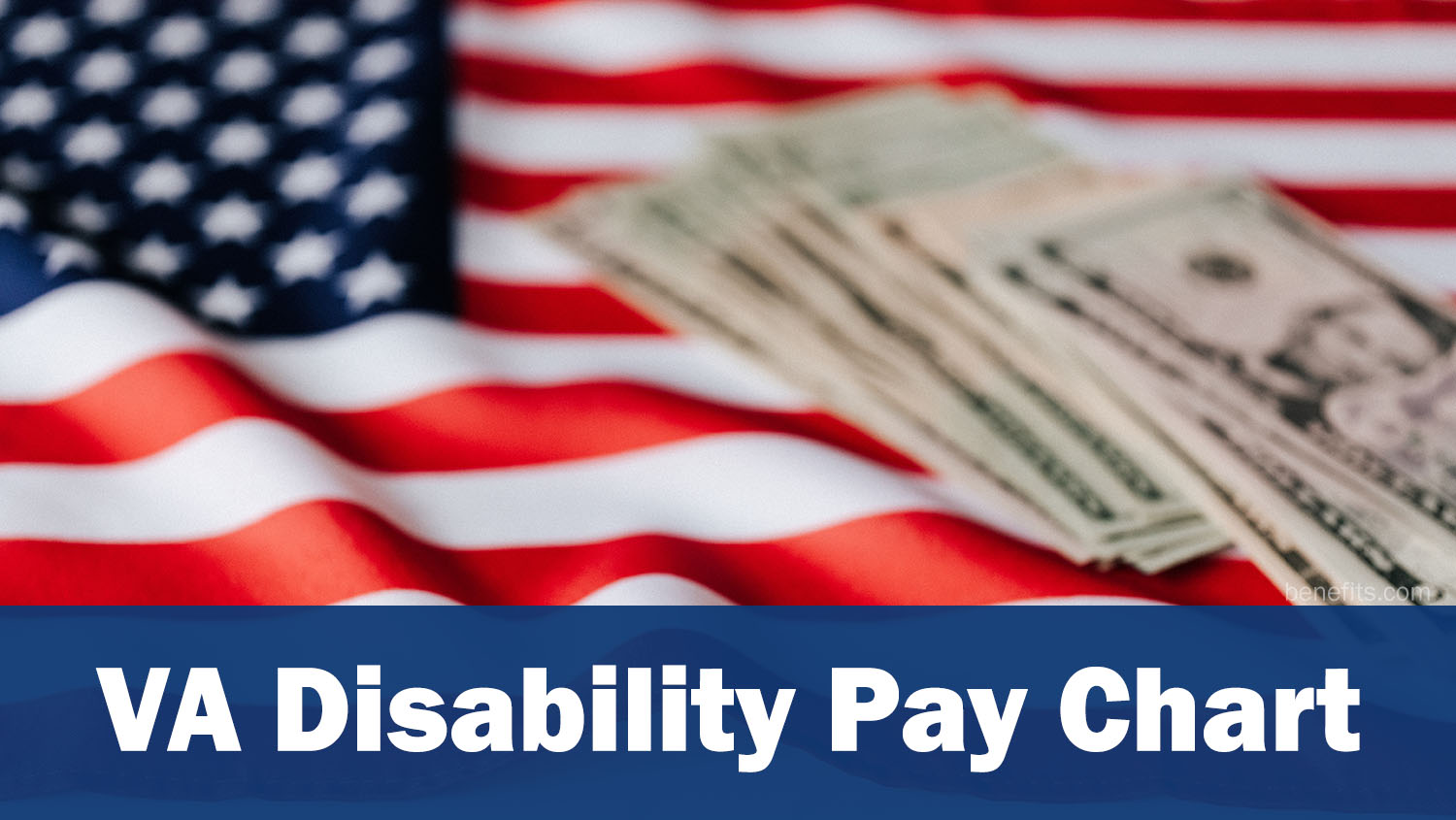Definition
The Women’s Stress Disorder Treatment Team (WSDTT) is a specialized group within the Department of Veterans Affairs (VA) that focuses on providing treatment and support to female veterans experiencing trauma-related mental health issues, particularly post-traumatic stress disorder (PTSD). The team comprises professionals who are trained in treating trauma-related disorders in women. WSDTT aims at addressing the unique needs that female veterans may face during the treatment process in a supportive and gender-sensitive setting.
Key Takeaways
- The Women’s Stress Disorder Treatment Team (WSDTT) is a specialized group within the VA that focuses on providing comprehensive care and treatment for women veterans suffering from stress-related disorders, such as Post-Traumatic Stress Disorder (PTSD).
- WSDTT offers individualized, gender-specific care by addressing women’s unique stressors and experiences, including military sexual trauma, and providing a safe and supportive environment for women veterans to openly discuss their concerns and challenges.
- Services offered by the Women’s Stress Disorder Treatment Team include evidence-based therapies, peer support groups, medication management, and referrals to additional VA resources or community support services, ensuring women veterans receive the quality care and support they need.
Importance
The Women’s Stress Disorder Treatment Team (WSDTT) is important because it specifically addresses the unique needs of female veterans who have experienced trauma and face post-traumatic stress disorder (PTSD) as a result of their military service.
Recognizing that women in the military may have endured different stressors, such as military sexual trauma or gender-specific combat-related stressors, WSDTT provides tailored support and specialized treatment options for these individuals.
By focusing on women’s specific experiences, challenges, and needs, WSDTT demonstrates the VA’s commitment to ensure that all veterans, regardless of gender, receive the appropriate and comprehensive care they deserve as they transition back into civilian life.
Explanation
The Women’s Stress Disorder Treatment Team (WSDTT) was established with a primary purpose of providing specialized care and support to female veterans who require assistance addressing mental health and emotional challenges arising from military service. This specialized multidisciplinary team consists of mental health professionals such as psychologists, psychiatrists, and social workers who are dedicated to understanding and addressing distinct stressors often faced by women during their military service.
In addition, the WSDTT is trained to handle stressors related to military sexual trauma (MST), which can have a significant impact on the overall mental health and well-being of female veterans. The WSDTT, through a variety of therapeutic interventions, works to empower and help female veterans overcome their challenges and adapt to civilian life after service.
By addressing the unique stressors female service members and veterans face, the WSDTT aims to improve their mental resilience, build on their strengths, and ensure they receive the appropriate and gender-sensitive care they need to cope with stress-related disorders such as post-traumatic stress disorder (PTSD), anxiety, depression, and others that may arise from their military experiences. The WSDTT plays a crucial role in fostering an environment that recognizes the specific needs of female veterans and provides the necessary resources for their holistic and long-term care.
Examples of Women’s Stress Disorder Treatment Team (WSDTT)
The Women’s Stress Disorder Treatment Team (WSDTT) is a specialized team within the VA healthcare system that addresses the unique needs of women veterans experiencing Post-Traumatic Stress Disorder (PTSD) and other mental health challenges. Here are three real-world examples of how the WSDTT works:
Women Veteran Program Managers (WVPM): Each VA medical center has a Women Veteran Program Manager who helps women veterans access the mental health services they need. They collaborate with the WSDTT to ensure that women veterans receive gender-specific care for PTSD, military sexual trauma (MST), and other mental health problems by connecting them with appropriate specialists.
Residential Rehabilitation Treatment Programs (RRTPs): Some VA medical centers offer specialized Residential Rehabilitation Treatment Programs for women with PTSD and MST. These programs provide a safe, supportive environment for women veterans to engage in therapy, group activities, and coping skills workshops. The WSDTT plays a crucial role in delivering these services, providing expertise in the unique experiences and needs of women veterans.
The VA’s Center for Women Veterans: Established in 1994, the Center for Women Veterans is committed to ensuring that women veterans receive equitable access to VA healthcare services. The WSDTT plays an essential role in fulfilling the Center’s mission by coordinating and providing specialized mental health care services for women veterans. For example, the VA’s Mental Health and Chaplaincy program partnered with the WSDTT to develop a series of training for VA chaplains focused specifically on addressing the spiritual and emotional needs of women veterans experiencing trauma.
FAQ: Women’s Stress Disorder Treatment Team (WSDTT)
What is the Women’s Stress Disorder Treatment Team (WSDTT)?
The Women’s Stress Disorder Treatment Team (WSDTT) is a specialized team within the Department of Veterans Affairs (VA) that focuses on treating women veterans who are experiencing stress-related disorders, particularly Post-Traumatic Stress Disorder (PTSD) as a result of military sexual trauma, combat, or other service-related experiences.
Who is eligible for WSDTT services?
Female veterans who are experiencing stress-related disorders, such as PTSD, as a result of their military service are eligible for WSDTT services. This includes women who have experienced military sexual trauma, combat-related trauma, or other service-related experiences that have caused significant distress.
What kind of services does the WSDTT provide?
The WSDTT provides a range of services including mental health care, medication management, psychotherapy, group therapy, and support services, such as assistance with housing and employment. The goal of the WSDTT is to help women veterans recover from stress-related disorders and reintegrate them into society as healthy, productive individuals.
How can I access the WSDTT services?
If you are a female veteran experiencing symptoms of a stress-related disorder, you can start by contacting your local VA Medical Center or Vet Center to schedule an appointment. You can find contact information for your nearest facility on the VA website. When you call, specify that you are interested in WSDTT services, and they will help you connect with the appropriate team members.
Is there any cost for accessing WSDTT services?
Most services provided by the WSDTT are covered by the Department of Veterans Affairs (VA) health care benefits, which means little to no out-of-pocket cost for eligible veterans. However, costs may vary depending on individual circumstances and the specific services required. It’s recommended to speak with a VA representative to discuss your particular situation and potential costs.
Related VA Benefit Terms
- Post-Traumatic Stress Disorder (PTSD) therapy for female veterans
- Gender-specific mental health care
- Trauma-focused cognitive behavioral therapy
- Women veterans support groups
- Military sexual trauma (MST) counseling
4.
Sources for More Information
 Benefits.com Advisors
Benefits.com Advisors
With expertise spanning local, state, and federal benefit programs, our team is dedicated to guiding individuals towards the perfect program tailored to their unique circumstances.
Rise to the top with Peak Benefits!
Join our Peak Benefits Newsletter for the latest news, resources, and offers on all things government benefits.



















